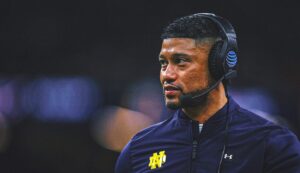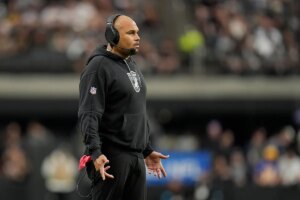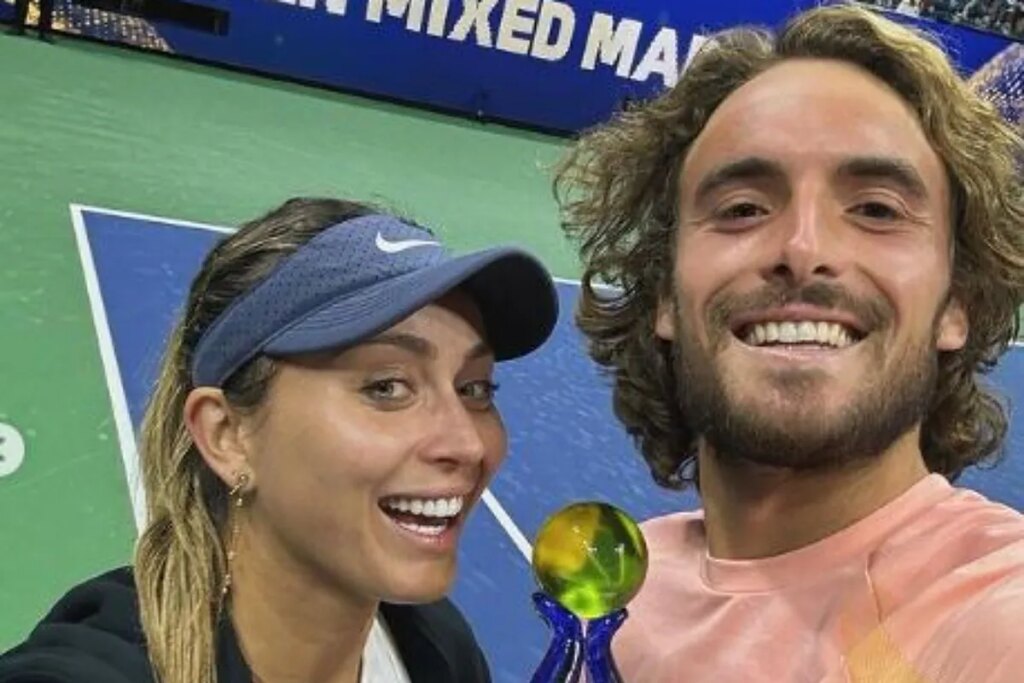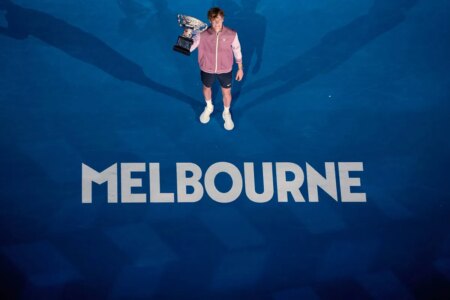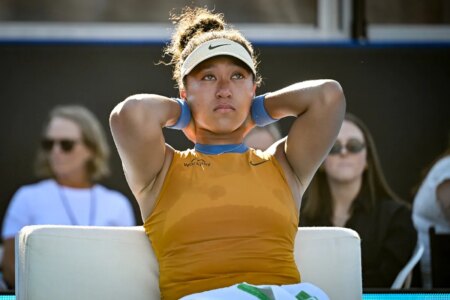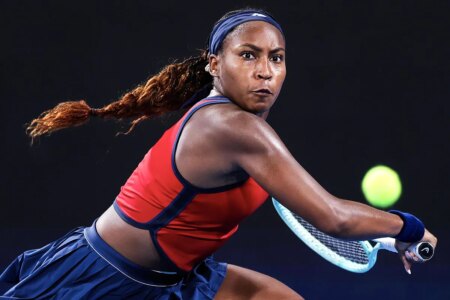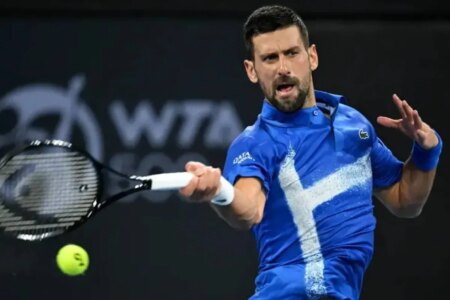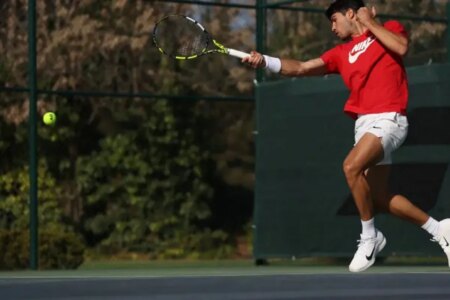Paula Badosa and Stefanos Tsitsipas are undoubtedly the tennis world’s couple of the moment. After the pair took some time off during a few weeks in May, since their return there have been many moments shared by both on and off the court. After winning the US Open Mixed Mixed Madness in New York in September, the couple has been on the cover of ‘Hola’ magazine, posing for the first time in front of the cameras as well as talking about how their relationship is going from the city of love, where the Greek is playing in Paris-Bercy.
In the interview, the couple talks about how their relationship began, the aspects they highlight about each other and their priorities in their love story.
Like every story, this one had its beginning. The Greek was the first to notice the Catalan. “The first time I noticed Paula was when I saw her at the 2020 Australian Open, playing on centre court. It was love at first sight and I was completely mesmerised,” the Greek confessed to the magazine.
I felt very fortunate that some light came into my life at such a dark time
However, it was not until three years later (2023), in Badosa’s toughest season, that their relationship began: “I met Stef just after I got injured. It was one of the toughest seasons for me, because I had never been so many months without playing tennis, and he brought me the happiness, support and fresh air that I so needed at that time. The truth is that I felt very lucky that some light came into my life at such a dark time,” said the Catalan.
Life and professional partners, both admire each other’s careers. “She has had to face fear all her life. And fighting women are for me the most attractive and the ones I admire the most. She reminds me a little bit of my mother in some things. I don’t know if that’s good or bad (laughs), but I have a very comfortable feeling with Paula when I have her around,” admits Tsitsipas. Paula, meanwhile, highlights “his ability to always get up in bad times. We both empathize a lot with each other, we have a lot of compassion, we put ourselves in each other’s shoes and we listen to each other. In the tennis world, with so much pressure and so much travel, it’s very difficult to feel ‘home’ and, in my case, I feel it being with him. As they say, it’s not where, but who you’re with.”
Tsitsipas, a fundamental support
A chronic injury to the L4 vertebra made Badosa consider retirement less than a year ago. However, the Catalan clung to her passion and, together with her efforts, has managed to overcome it to climb close to the top 10 at the end of the season after a great final stretch in 2024. “I am a person who when I hit rock bottom, and it is not the first time I have done so, I manage to get a lot of strength out of it. I have always been an independent girl, with a lot of character, with personality and, at that critical moment this year, I decided to make changes in the team that helped me a lot,” explains the tennis player.
“The main thing for me was that my back didn’t hurt. I knew that if it didn’t hurt and I could work continuously, the rest would come, because the talent doesn’t go away. It doesn’t go away at 20, or 25, or 30. I was born a tennis player and I think that talent has always been there. I needed my body to respond to calm me down mentally. When the grass tour came around, I managed to play pain-free for the first time in a long time,” he continues.
(Tsitsipas) has been very important in my recovery
Without pain, Badosa reached the last 16 at Wimbledon, the quarter-finals at the US Open and finally lifted the Washington title. It was an emotional moment for the Catalan and, despite not being on the court with Tsitsipas, Badosa did not hesitate to celebrate with him by video call after he had accompanied her through the darkest months: “Stefanos was an unconditional support for me in all those months I spent lying on a sofa. He is a very sensitive person and, sometimes, he empathised so much that he ended up suffering too much. There were times when I had to cheer myself up just for him, who was constantly looking for solutions to make me feel better. That’s why when I won the title in Washington, he was the first person I called and mentioned because the truth is that he has been very important in my recovery.”
Read the full article here

